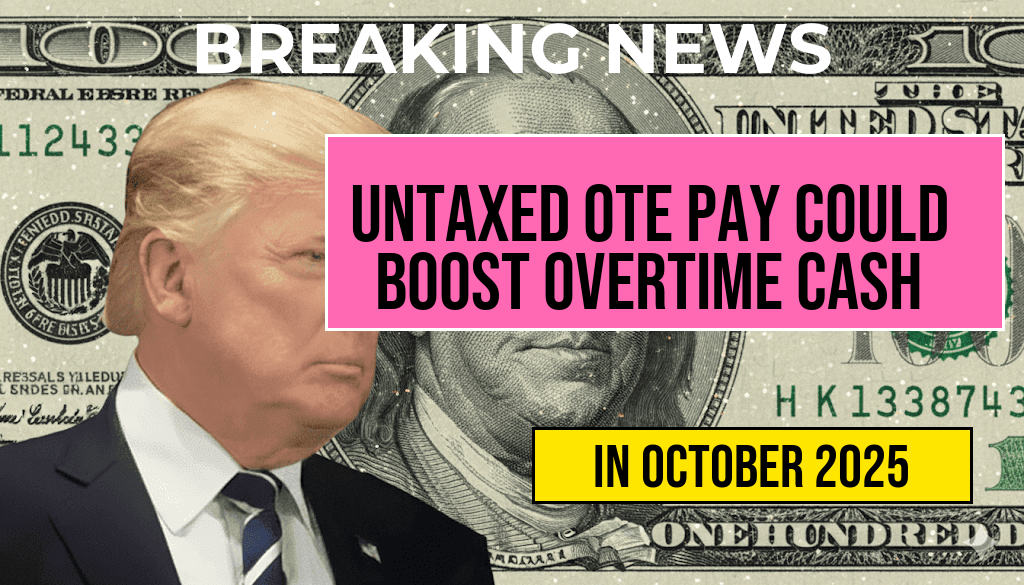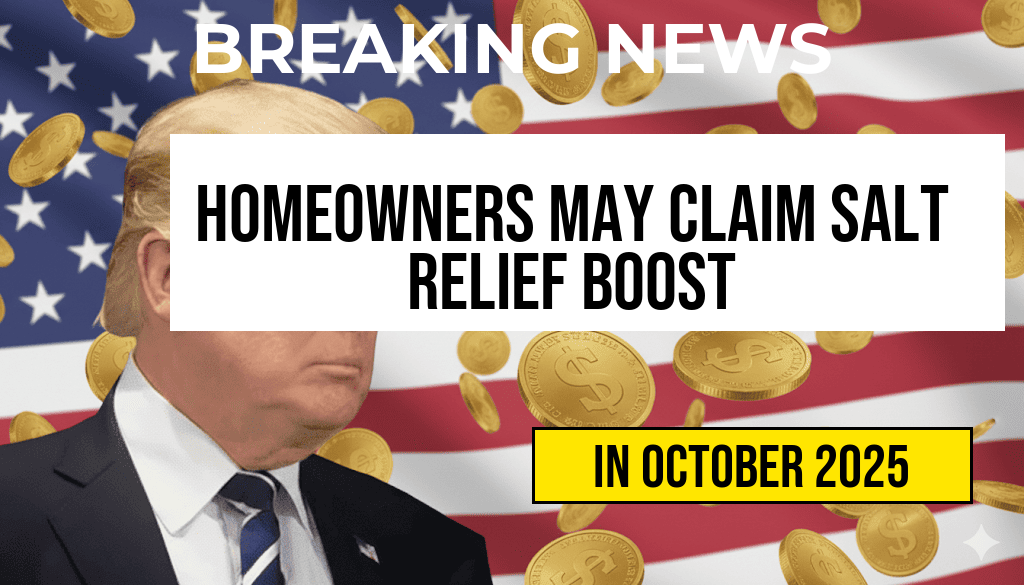The U.S. federal government is exploring the potential sale of its $1.6 trillion student loan portfolio, a move that could reshape the landscape of student debt management in the country. As the total student loan debt in the U.S. has reached this staggering figure, policymakers are considering various strategies to alleviate the financial burden on millions of borrowers. The proposed sale could not only affect current loan holders but also influence future lending practices, repayment policies, and overall educational financing. With discussions ongoing, stakeholders across the educational and financial sectors are closely monitoring the implications of such a significant policy shift.
Background on the Student Loan Crisis
The federal student loan portfolio has ballooned over the years, driven by rising tuition costs and expanded access to higher education. According to the Federal Reserve, total student loan debt surpassed $1.6 trillion in 2023, affecting approximately 44 million borrowers. This debt level has raised concerns about economic mobility and the ability of graduates to enter the workforce without crippling financial constraints.
Details of the Proposed Sale
The sale of the federal student loan portfolio is still in the preliminary stages, with discussions taking place among various government agencies and financial institutions. The key objectives of this potential sale include:
- Reducing the federal government’s financial exposure to student loans.
- Encouraging private sector involvement in educational financing.
- Streamlining loan management and repayment processes.
Federal officials have stated that the sale could take the form of a package deal, where a financial institution or consortium would acquire the entire portfolio, or it could involve the sale of loans on an individual basis. The latter option could create a more competitive market, potentially benefiting borrowers through lower interest rates and more flexible repayment plans.
Implications for Borrowers
The potential sale of the federal student loan portfolio raises several questions for current and future borrowers:
- Debt Management: How will the transition affect loan servicing and repayment options?
- Interest Rates: Could the sale lead to lower interest rates for new loans?
- Borrower Protections: Will existing borrower protections remain intact under private management?
Experts emphasize the importance of maintaining borrower rights and protections during any transition. Advocacy groups are particularly concerned about the potential for profit-driven motives to undermine the accessibility and affordability of education.
Reactions from Stakeholders
Reactions to the proposed sale have been mixed. Some policymakers argue that privatization could inject much-needed efficiency into the student loan system. They point to examples in other countries where private involvement has led to innovative financing solutions. Others, however, caution against the pitfalls of privatization, citing concerns over profit motives overshadowing educational access.
Support for Sale
Proponents of the sale believe that private companies could offer more flexible repayment options and better customer service. They argue that the federal government is not equipped to manage such a vast portfolio efficiently.
Concerns Regarding Sale
Critics warn that privatizing student loans could exacerbate existing inequalities, particularly for low-income students who may struggle to secure financing from private lenders. They also express concern that a profit-driven model could lead to increased costs for borrowers.
Next Steps in the Process
As conversations continue, federal officials are expected to conduct a thorough analysis of the potential risks and benefits associated with the sale. This will include assessing the impact on borrowers, educational institutions, and the overall economy.
Conclusion
While the federal government weighs its options regarding the potential sale of the $1.6 trillion student loan portfolio, the stakes are high for millions of Americans burdened by student debt. The outcome of these discussions could have lasting implications for the future of educational financing in the United States.
For further details on student loan statistics and trends, visit Wikipedia and Forbes.
Frequently Asked Questions
What is the current status of the federal student loan portfolio?
The federal government is considering selling its $1.6 trillion student loan portfolio as the total debt reaches a staggering $1.6 trillion.
Why is the federal government considering the sale of the student loan portfolio?
The sale is being considered as a potential strategy to manage the growing burden of student debt and to alleviate financial pressures on borrowers.
How would the sale of the student loan portfolio impact borrowers?
If the portfolio is sold, it could change the way borrowers interact with their loans, including potential changes to repayment terms and conditions.
What are the potential benefits of selling the student loan portfolio?
Selling the portfolio could provide the government with immediate financial relief and could lead to more flexible repayment options for borrowers, depending on the new ownership.
What are the possible drawbacks of this sale?
Some experts warn that the sale could lead to increased costs for borrowers if new servicers implement higher fees or less favorable terms.








